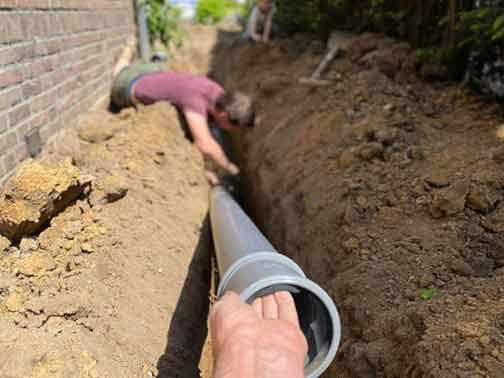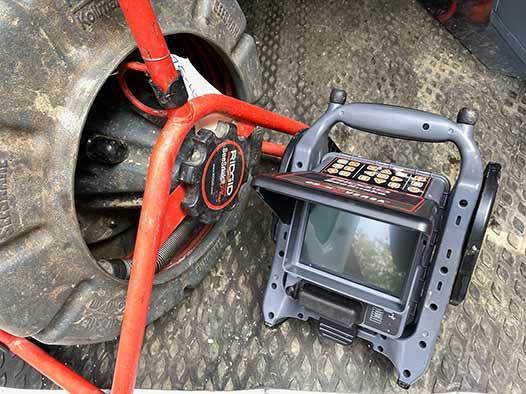
When buying a new home, it’s essential to consider the overall condition of the property, not just its aesthetic appeal. One critical component that often goes unnoticed is the sewer line. Sewer line issues can be messy, inconvenient, and costly to repair. Therefore, as a responsible homeowner, it is crucial to take preventive measures to minimize the risk of sewer line problems in your new home. This comprehensive guide will provide you with essential tips and strategies to help you maintain a healthy and trouble-free sewer line system.
Understanding Sewer Line Systems
Before delving into preventive measures, it’s essential to understand the basics of your home’s sewer line system. Most residential properties have an underground sewer line that connects the internal plumbing system to the municipal sewer system or the septic tank. The sewer line carries waste and wastewater away from your home. It’s typically made of durable materials such as PVC, cast iron, or clay, but over time, it can deteriorate due to various factors.
Common Causes of Sewer Line Problems
Several factors contribute to sewer line problems. By being aware of these causes, you can take appropriate preventive action to avoid potential issues in your new home:
1. Tree Root Intrusion: Tree roots are attracted to the moisture and nutrients in sewer lines. Over time, they can infiltrate the pipes, causing blockages and even ruptures.
2. Aging and Deterioration: Sewer lines, like any other infrastructure, have a finite lifespan. As the pipes age, they may become more susceptible to cracks, corrosion, and collapse.
3. Flushing Improper Items: Flushing inappropriate objects down the toilet or pouring grease and oil down the drains can lead to clogs and system failures.
4. Soil Shifting: Soil movements due to settling, ground shifts, or freezes can damage sewer lines, resulting in leaks and blockages.

Preventive Measures
By following these preventive tips, you can significantly reduce the likelihood of sewer line problems:
1. Regular Inspections: Schedule professional sewer line camera inspections every few years or as recommended by a plumbing expert. This allows early detection of any issues and timely repairs or maintenance.
2. Responsible Planting: Plan the landscaping wisely and avoid planting large trees or shrubs near the sewer lines. This helps prevent potential root intrusion that can damage the pipes.
3. Dispose of Waste Properly: Only flush human waste and toilet paper down the toilet. Avoid flushing wipes, feminine hygiene products, or other non-biodegradable items. Additionally, dispose of grease and cooking oil in the trash, not down the drain.
4. Use Drain Screens: Install drain screens or guards in all sinks, bathtubs, and showers to trap hair, soap residue, and other debris, preventing them from entering the sewer line.
5. Avoid Chemical Drain Cleaners: Chemical drain cleaners may provide temporary relief for clogs but can cause long-term damage to the pipes. Opt for natural or mechanical methods to unclog drains.
6. Prevent Freezing: In colder climates, insulate exposed sewer lines and take precautions to prevent freezing, which can lead to cracks or bursts.
7. Educate Household Members: Inform everyone in your household about the dos and don’ts of sewer line maintenance. Encourage responsible usage of toilets, sinks, and drains.
Professional Assistance
Even with diligent preventive measures, sewer line problems can still occur. In such situations, it’s crucial to seek professional help from licensed plumbers or sewer line repair specialists. Avoid attempting major repairs or troubleshooting without professional knowledge, as this may exacerbate the problem.
Conclusion
Preventing sewer line problems in your new home should be a top priority as a responsible homeowner. By understanding the causes of these issues and following the preventive measures outlined in this comprehensive guide, you can maintain a healthy sewer line system for years to come. Regular inspections, responsible waste disposal, and awareness of potential risks will go a long way toward ensuring that your home’s sewer line remains trouble-free.


Recent Comments